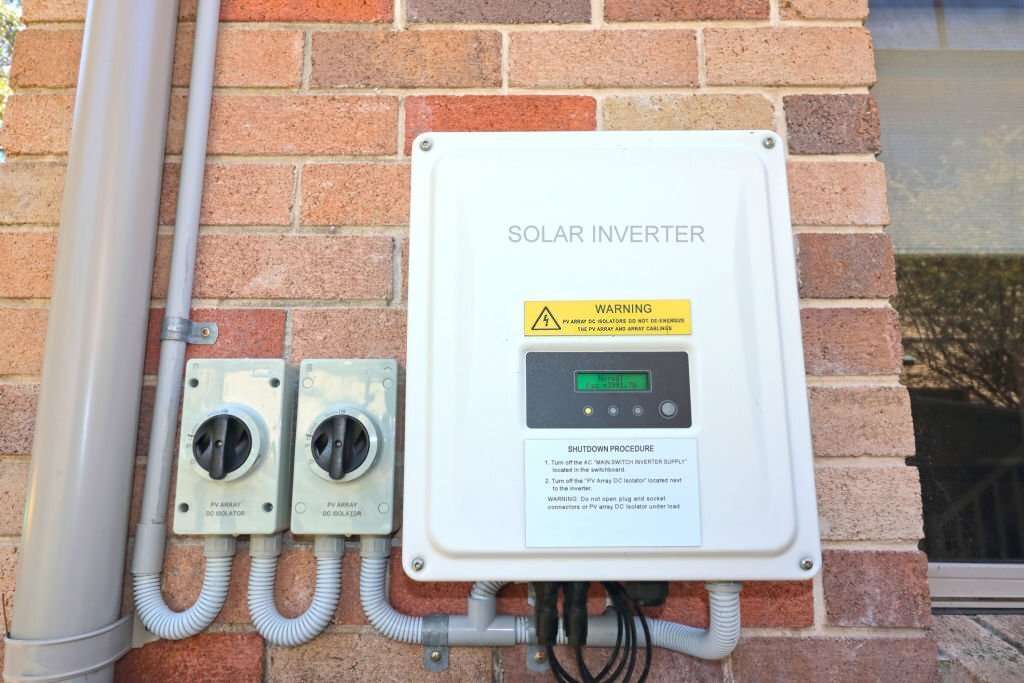
May 3,2024
In the realm of sustainable energy solutions, solar power has emerged as a frontrunner in the fight against climate change. Solar energy is harnessed through photovoltaic systems comprising various components, with the solar inverter being crucial. As experts in the field, we understand the importance of the solar inverter's longevity and its impact on your solar power system's overall efficiency and cost-effectiveness. In this comprehensive guide, we delve into the question, "How long do solar inverters last?" and provide valuable insights to ensure your solar inverter's optimal performance and extended lifespan.
Before we delve into the lifespan of solar inverters, we must grasp their role within a solar power system. Solar panels capture sunlight and convert it into direct current (DC) electricity. However, the electricity we use in our homes is alternating current (AC). Here's where the solar inverter comes into play. Its primary function is to convert the DC electricity generated by the solar panels into AC electricity that can be used to power your household appliances and fed back into the grid.
Several factors contribute to the longevity of a solar inverter. These factors can be categorized into two main groups: internal and external.
Let's address the central question: "How long do solar inverters last?" On average, most solar inverters have 10 to 15 years of lifespan. However, this can vary widely depending on the factors mentioned earlier. High-quality inverters with top-tier components and robust designs can last well beyond the 15-year mark.
To ensure you get the most out of your solar inverter, consider these practical tips:
The lifespan of your solar inverter is a crucial factor that can impact your solar power system's overall efficiency and longevity. By understanding the internal and external factors that influence its lifespan, you can make informed decisions to maximize its performance. Investing in a high-quality solar inverter, ensuring proper installation, and implementing regular maintenance practices can significantly extend its lifespan.
If you want to optimize your solar power system's efficiency and overall performance, look no further. Our expertise in solar energy solutions and inverter technology can guide you toward making the best choices for your sustainable energy journey.
When a solar inverter fails, your solar energy system will stop converting DC to AC, generating no power.
Most solar inverters have warranties, but the duration and coverage vary by manufacturer and model.
Yes, freezing weather can damage a solar inverter, especially if it's not designed to withstand low temperatures.
Monitoring tools and software can provide insights into your solar system's performance, indicating whether the inverter requires maintenance.
Consult the manufacturer's manual or website to identify the error code, and if necessary, contact a professional for assistance.
Powered ByTradeWheel.com